Boris Johnson’s last set piece speech today was typical him. There were references to Ladybird books, attempts to blame the last Labour government, not much detail but lots of optimism about how things are about to get better.
Johnson has so dominated British politics these past few years that it is hard to imagine it without him. (Of course, he won’t disappear – which will cause its own problems for his successor – but he’ll no longer be PM). As I say in the magazine this week, his absence will reshape the political landscape because his presence defined it.
Keir Starmer has relished attacking Johnson, but he must now pivot. In normal circumstances this would pose a problem for Labour strategists: they would find their guns trailed on an opponent who was no longer there. But these are not normal times.
The lengthy Tory leadership contest has given Labour an opportunity to try to set the terms of debate before the new incumbent has got their feet under the desk. The party has tried to do this with its proposal to simply freeze energy prices. There are many flaws with this policy – not least that it is horrendously expensive, especially since energy prices are unlikely to return to ‘normal’ for quite some time – but it is clear and easy to understand. Labour also says the freeze would be paid for, in part, by extending and backdating the windfall tax on oil and gas companies. This is astute politics. However much the Tory party might not like windfall taxes, the public – and even a majority of Tory voters – are in favour of them. The pragmatic case is also strong: these firms are making massive profits, not because of any innovation on their part, but because Russia’s invasion of Ukraine and Vladimir Putin’s weaponisation of energy has sent prices soaring.
In the May local elections, Labour successfully used a windfall tax as a dividing line with the Tories. The government subsequently introduced one. But in the leadership campaign Liz Truss has made her dislike of windfall taxes clear and she is adamant that she won’t introduce another one. (Kwasi Kwarteng, who is tipped to become her chancellor if she wins, was also against the windfall tax before it was introduced, and Jacob Rees-Mogg, who is also likely to feature in her government, tried to get Johnson to drop the tax as one of his last acts in No. 10.) But if energy producers continue to make huge profits while embarking on share buybacks, it will be increasingly hard to argue against a windfall tax.
It is often said that Starmer is not Tony Blair and that he hasn’t yet won the public’s trust. Both of these things are true. But in British politics, governments tend to lose elections rather than oppositions winning them. If the new Prime Minister’s response to the slew of interconnected crises is not pitch-perfect, Labour will be on course to deny the Tories a majority at the next election.
Got something to add? Join the discussion and comment below.
Get 10 issues for just $10
Subscribe to The Spectator Australia today for the next 10 magazine issues, plus full online access, for just $10.


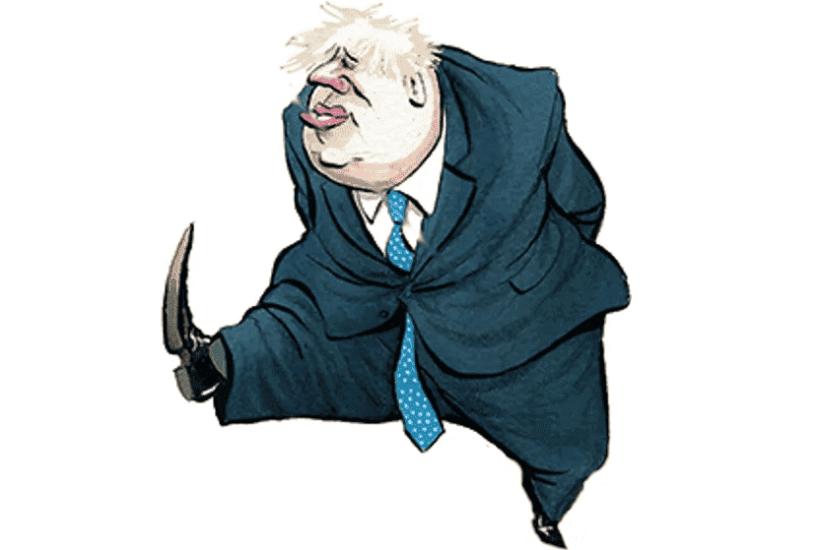
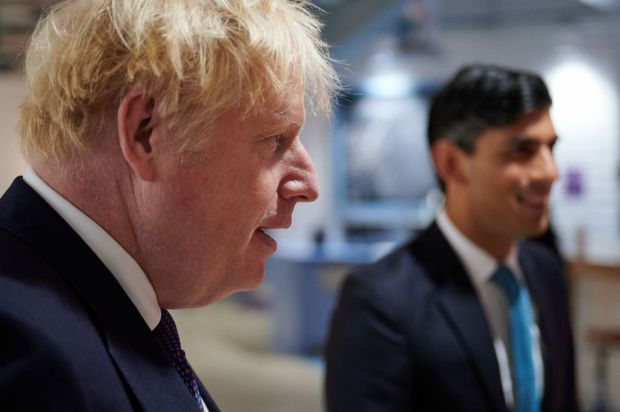

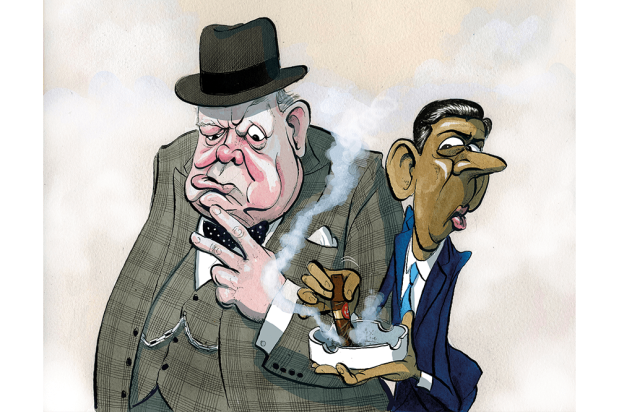
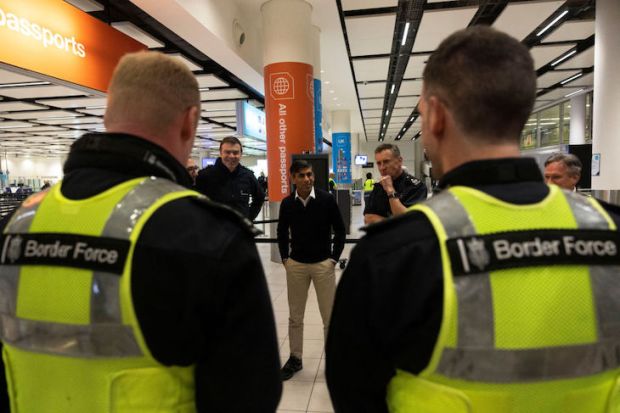
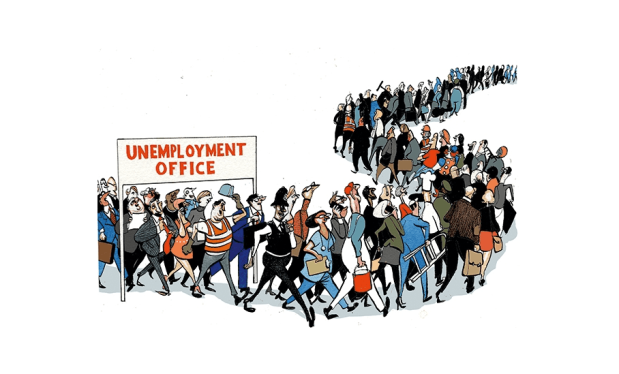













Comments
Don't miss out
Join the conversation with other Spectator Australia readers. Subscribe to leave a comment.
SUBSCRIBEAlready a subscriber? Log in